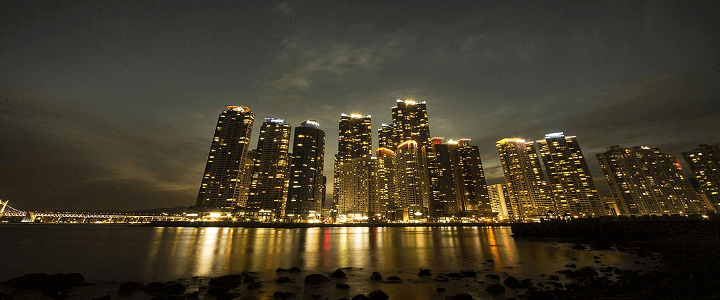For the thousands of male service members, DoD civilian employees, and contractors living and working in Korea, “Juicy Bars” have long provided a source of seemingly innocuous female companionship.
Proliferating around American military installations, the bars sell a simple concept: earn the attention of an attractive, scantily-clad woman by purchasing her highly priced non-alcoholic drinks (“juice”). The woman takes a fraction of the profits, while the bar owner (“the house”) takes the majority.
There is nothing illegal per se about the arrangements juicy bars purport to offer; they operate openly in Korea. Nonetheless, in October 2015, the Commander, U.S. Forces Korea, issued a new policy memo outlawing U.S. service members from patronizing these establishments.
“Paying for companionship directly supports human trafficking and is a precursor to prostitution,” USFK commander Gen. Curtis Scaparrotti wrote in announcing the change. “This practice encourages the objectification of women, reinforces sexist attitudes, and is demeaning to all human beings.”
Juicy Bars Promote Prostitution or Worse
The impetus for Scaparrotti’s order was apparently official recognition of what else was transpiring at juicy bars after many years of military commanders there turning a blind eye.
“[Juicy Bars] are establishments outside our installations that support human trafficking, usually of young women, many of whom are brought into the country under false pretenses as entertainers and forced to work in bars or other establishments in violation of their visas,” Scaparroti wrote. “They are subjected to debt bondage and made to sell themselves as companions, or forced into prostitution.”
Indeed, the open secret surrounding Juicy Bars is that, for the right price, there is far more to be had than just the juice.
In the little over two years since Scaparrotti’s order, a number of juicy bars in Korea have closed as a result of the precipitous drop in business. But not all of them. Enterprising establishments continue to openly operate in the areas surrounding DoD installations, where they cater to Americans. And, although the non-patronization order applies only to military service members, DoD civilians and contractors deploying or relocating to Korea should take heed: patronizing juicy bars is a slippery slope when it comes to maintaining a security clearance.
This article is intended as general information only and should not be construed as legal advice. Consult an attorney regarding your specific situation.




